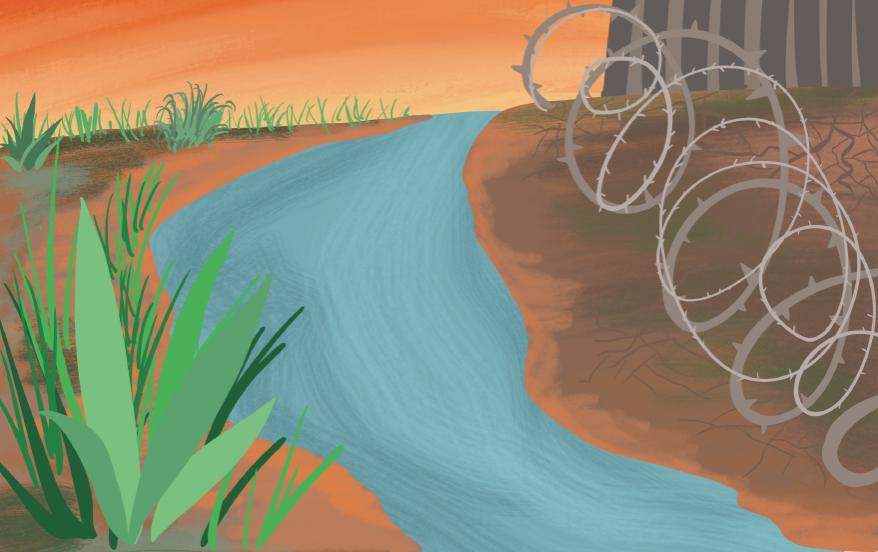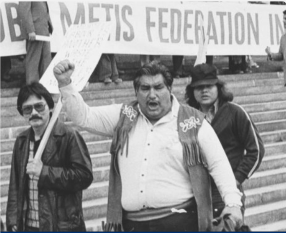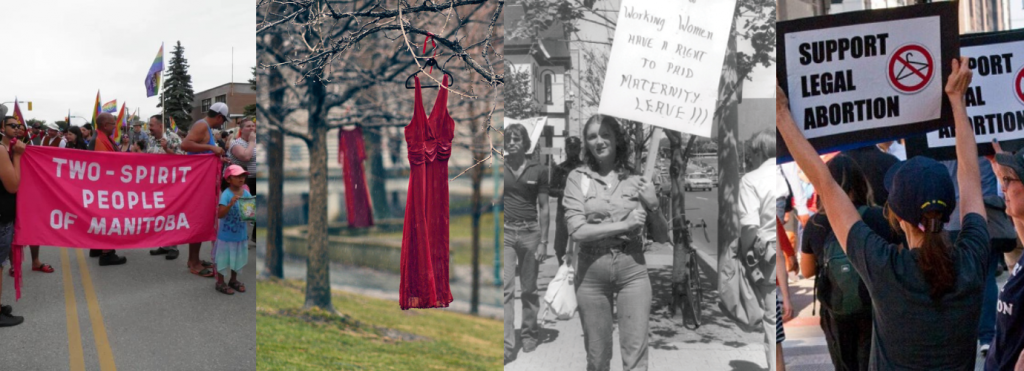With funding from the Social Sciences and Humanities Research Council of Canada, Dr. Adele Perry has done extensive work connecting the fur trade and transatlantic slavery. This builds on her work about how vocabularies of slavery and anti-slavery provided language in British colonial fur-trade space for the particular unfreedom of Indigenous people, the experience of indentured migrant labourers and colonial political arrangements.
Perry’s project looks at the connections between the western Canadian fur-trade and slavery in the 19th century. It is especially concerned with the 1820s, 30s and 40s, decades defined by the struggle for abolition in the British Empire. Perry’s research tracks the way histories of slavery and abolition were tied to those of the fur-trade.
How did biographical connections link the fur-trade in what would become western Canada to Caribbean colonies organized around the enslavement of Black people? How did political conversations forged around the politics and morality of slavery shape the way that people understood and resisted forms of colonial governance and labour in the fur-trade? She explores these questions through records available at the Hudson’s Bay Company archives and in digital repositories, including the Legacies of British Slave-ownership project. Examining the connections between slavery and the fur-trade in the age of abolition speaks to ongoing discussion about the relationship between different forms of colonial exploitation, and the histories and identities they engendered. How was the dispossession of Indigenous land and resources and the exploitation of Indigenous labour in northern North America connected to the theft and sale of Black people in the Caribbean? By extension, how are the historical roots of anti-Indigenous and anti-Black racism connected?
Perry’s research demonstrates the connections between colonial histories that we generally presume to be discrete. It speaks to the ways that histories of colonized places and peoples were connected to each other and to the long histories of contemporary struggles to connect anti-Black and anti-Indigenous racisms.
Affiliate Researchers
Related Resources
Explore More Research Themes
-

Borders & Human Rights Theme
FIND OUT MORE -

Water Rights & Justice Theme
FIND OUT MORE -

Indigenous Peoples & Human Rights Theme
FIND OUT MORE -

Reproductive & Bodily Justice Theme
FIND OUT MORE
Support Us
Whether you are passionate about interdisciplinary human rights research, social justice programming, or student training and mentorship, the University of Manitoba offers opportunities to support the opportunities most important to you.



